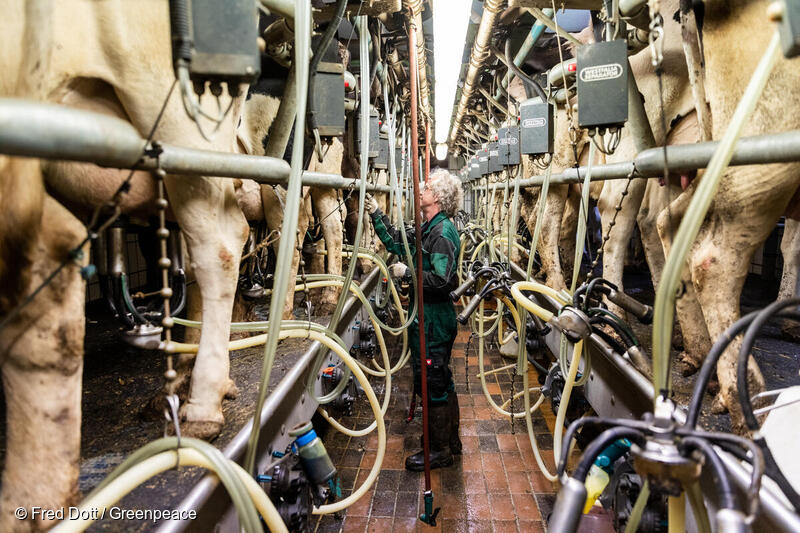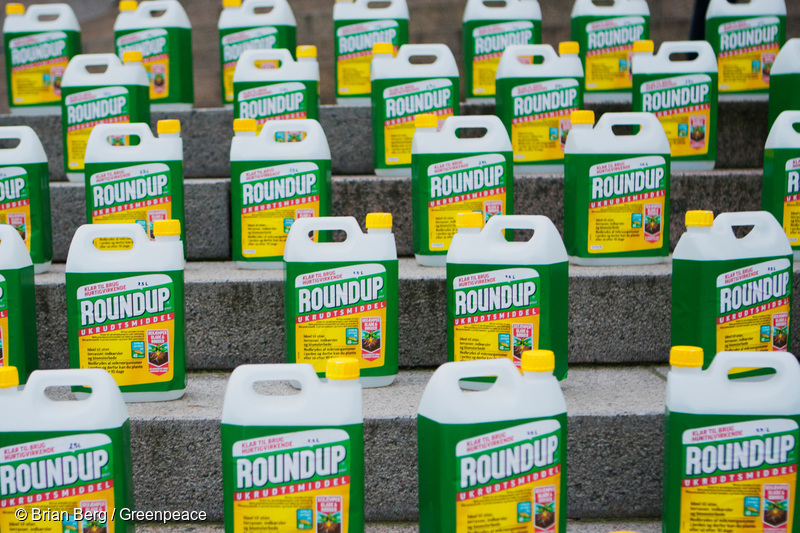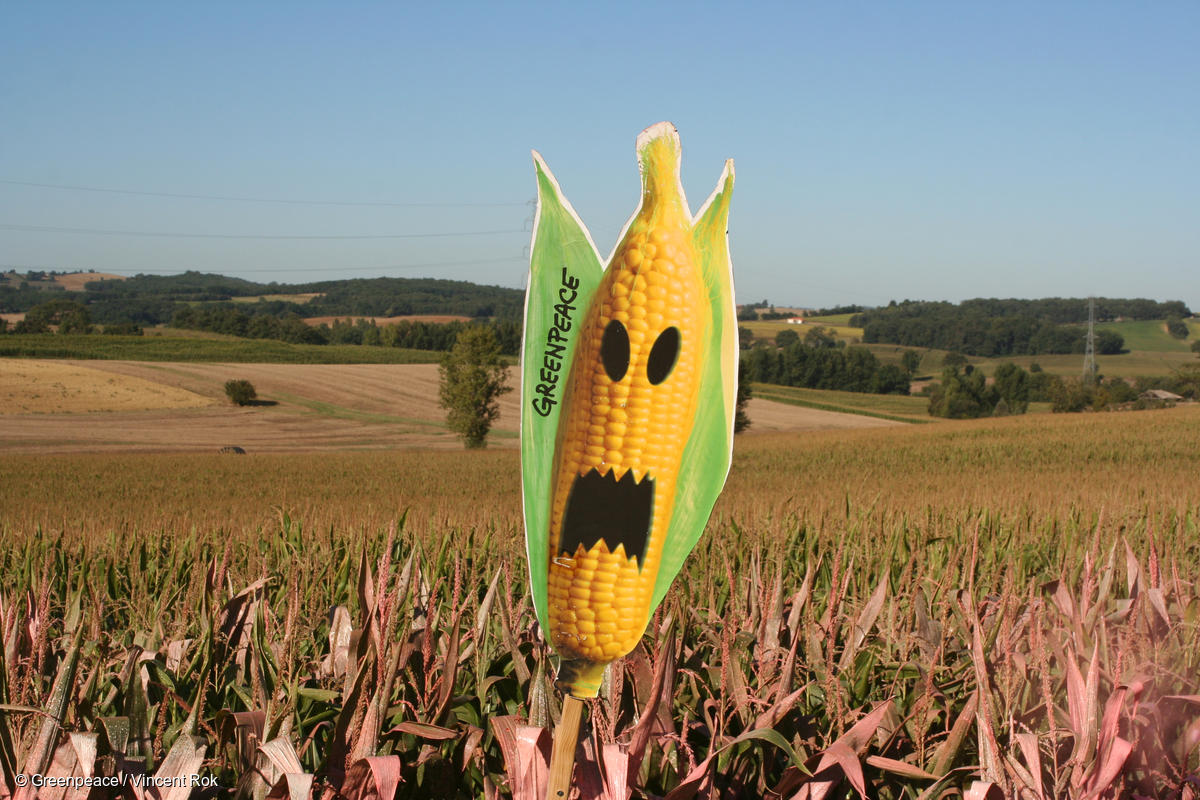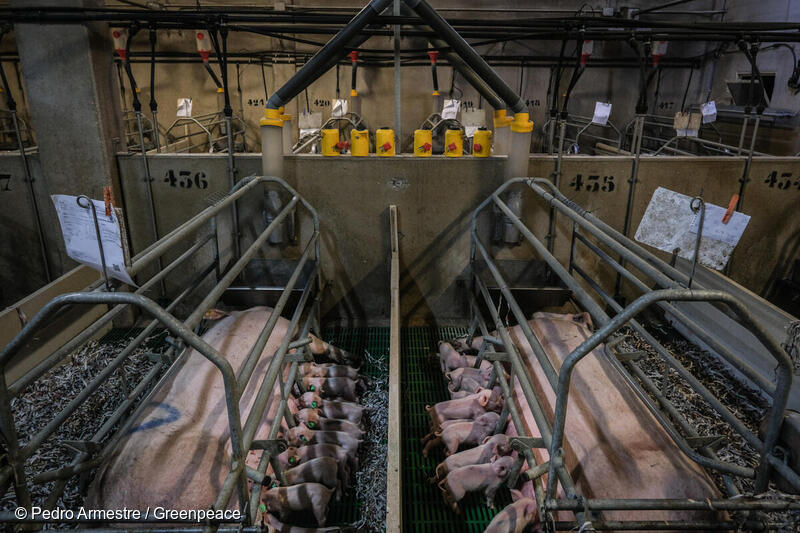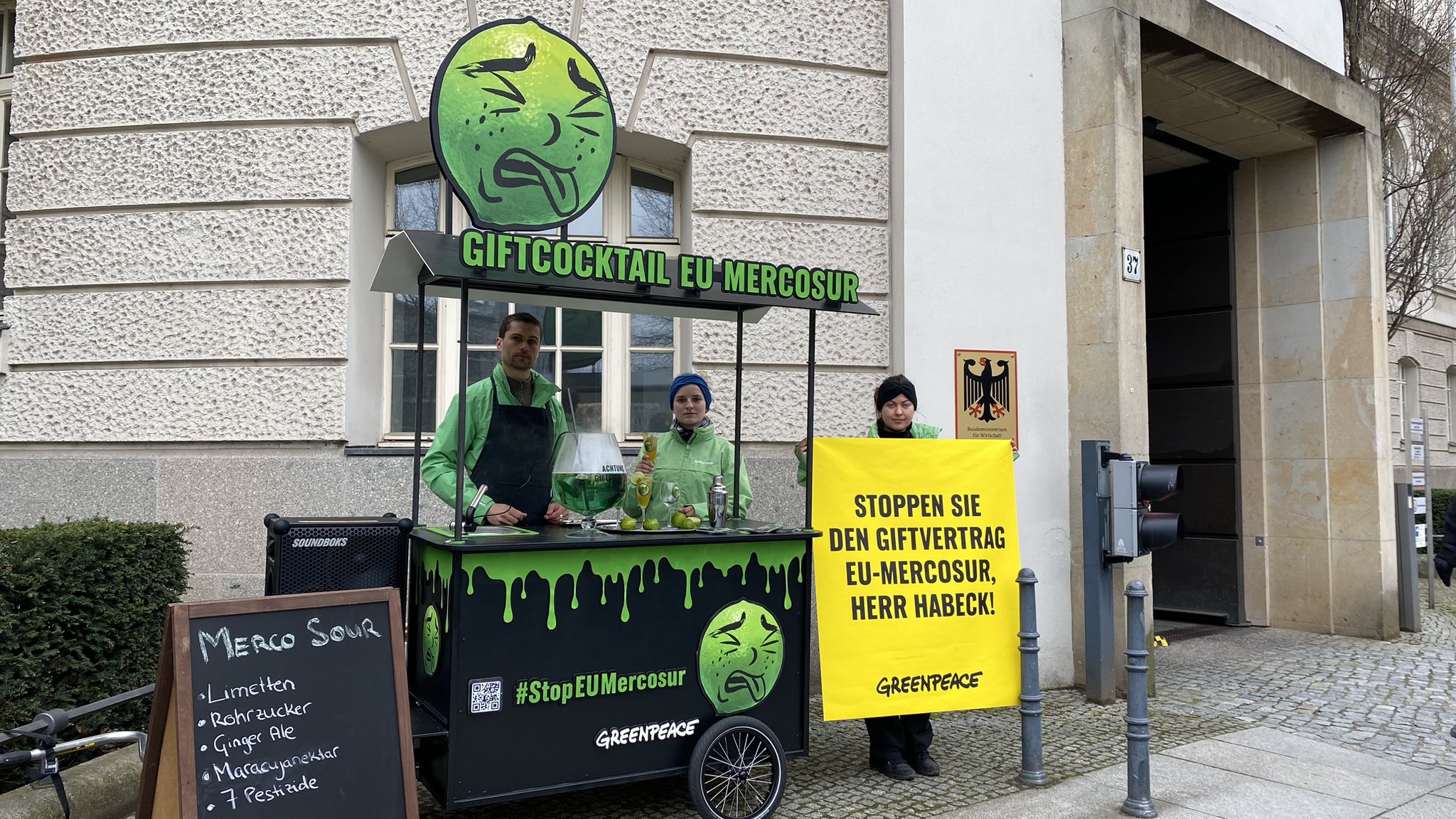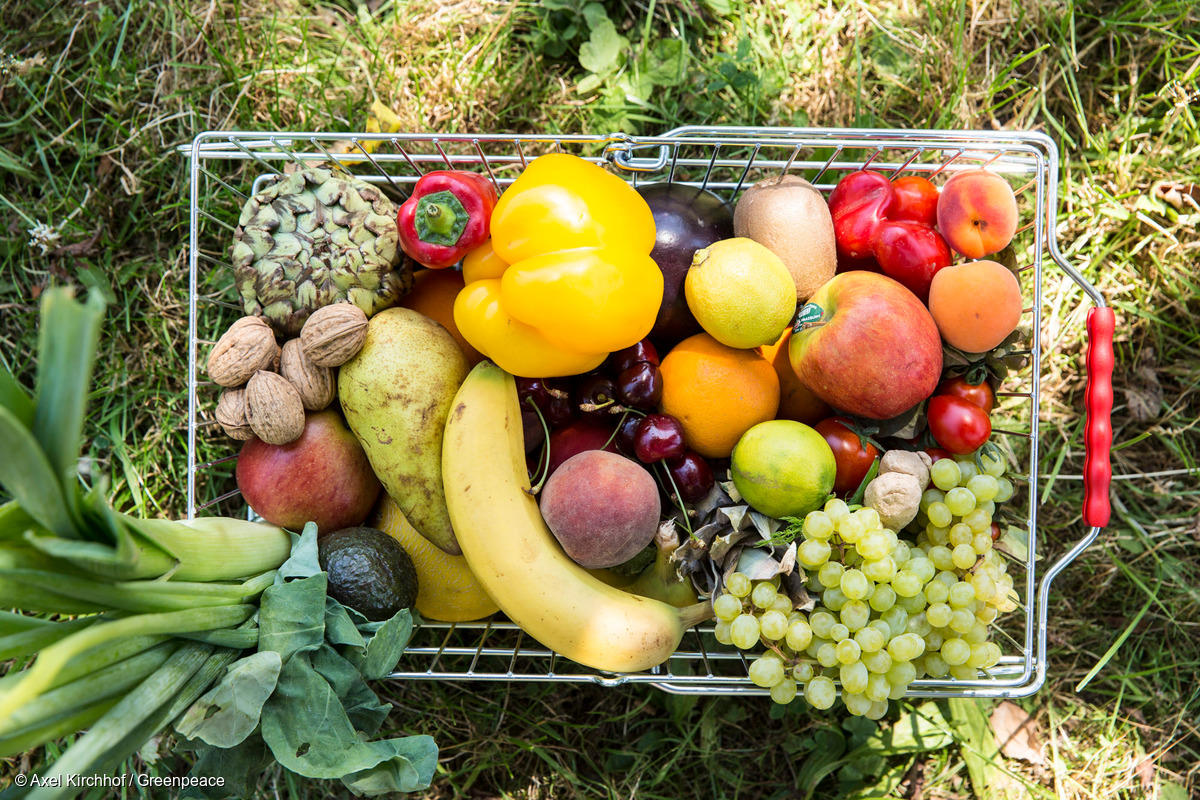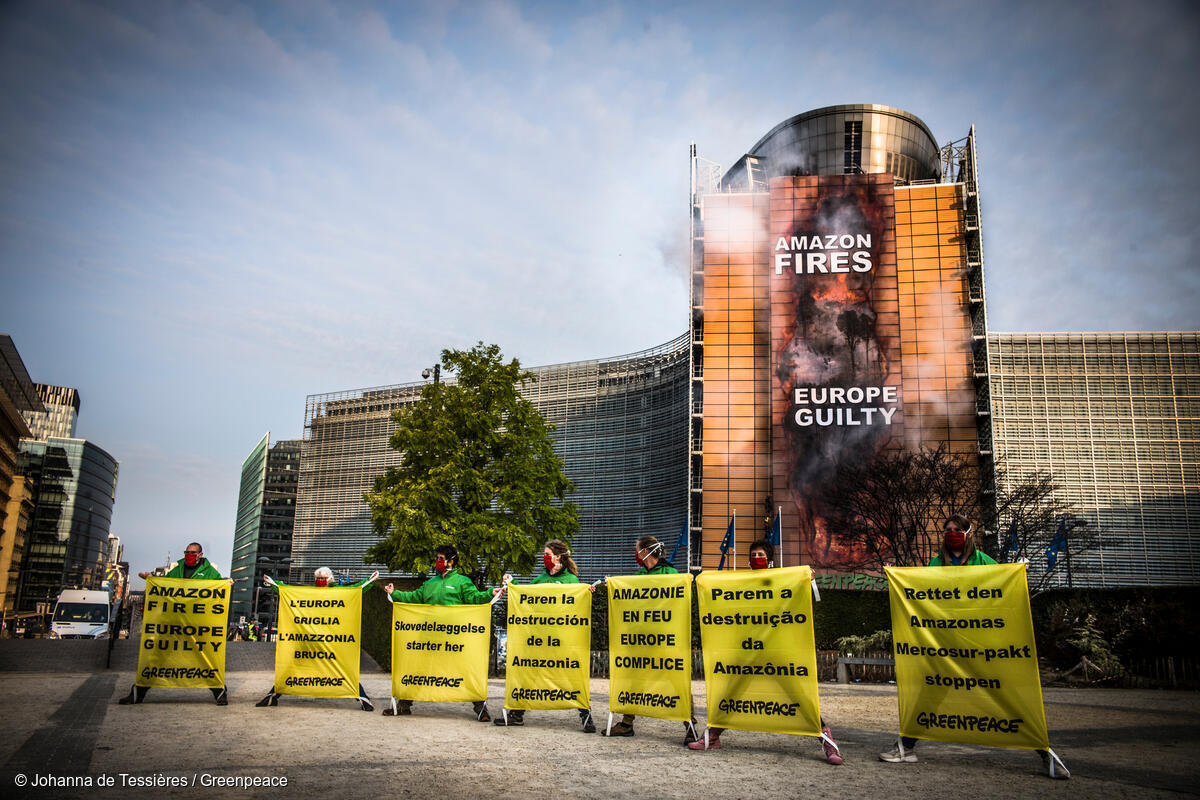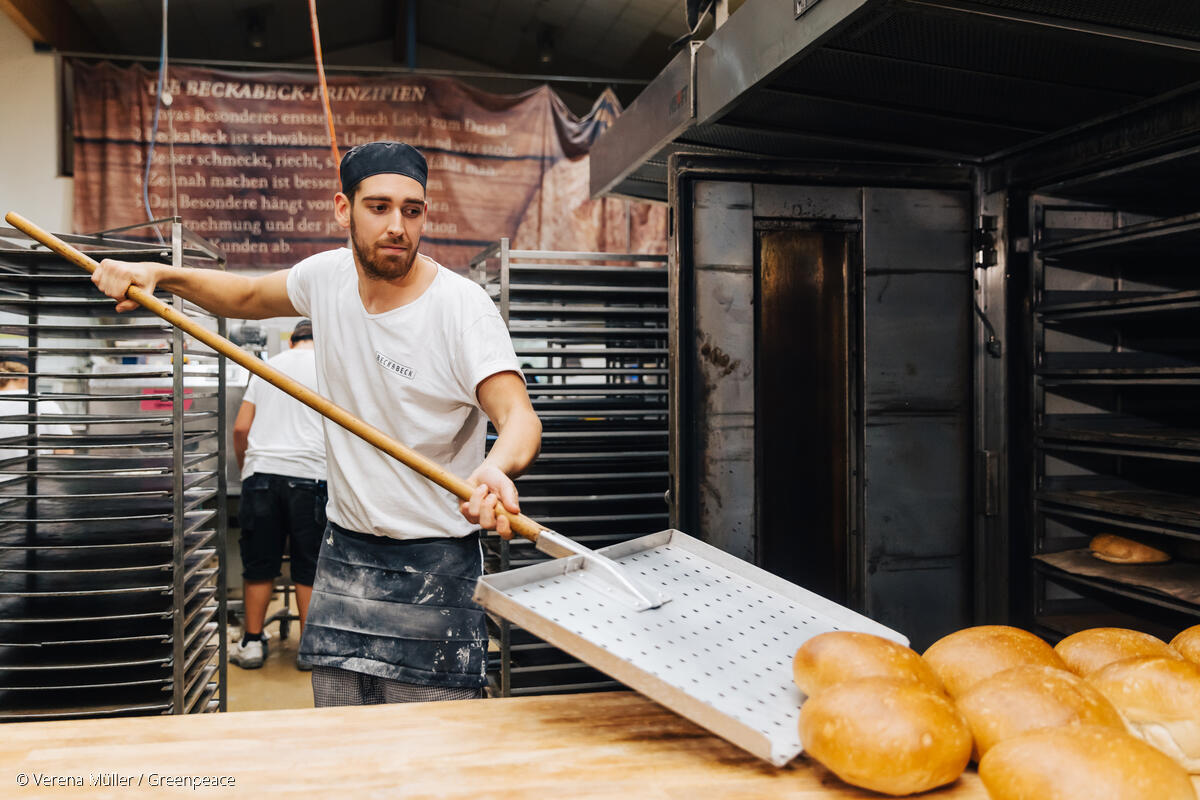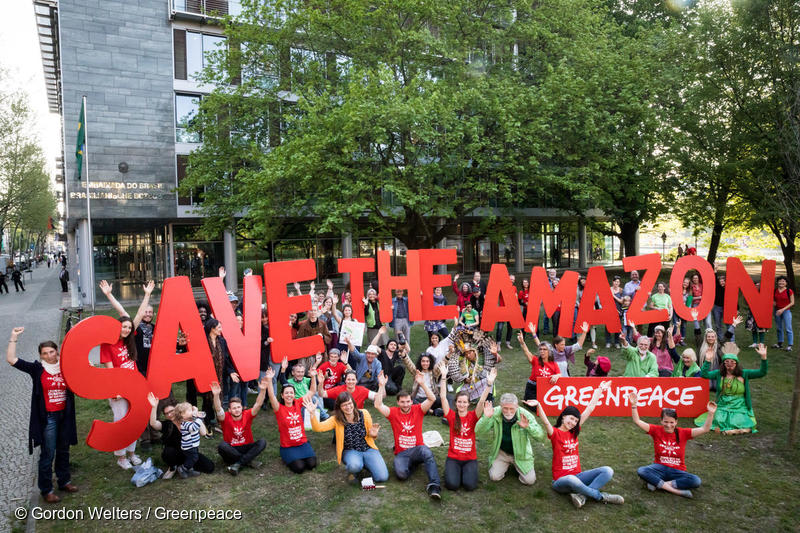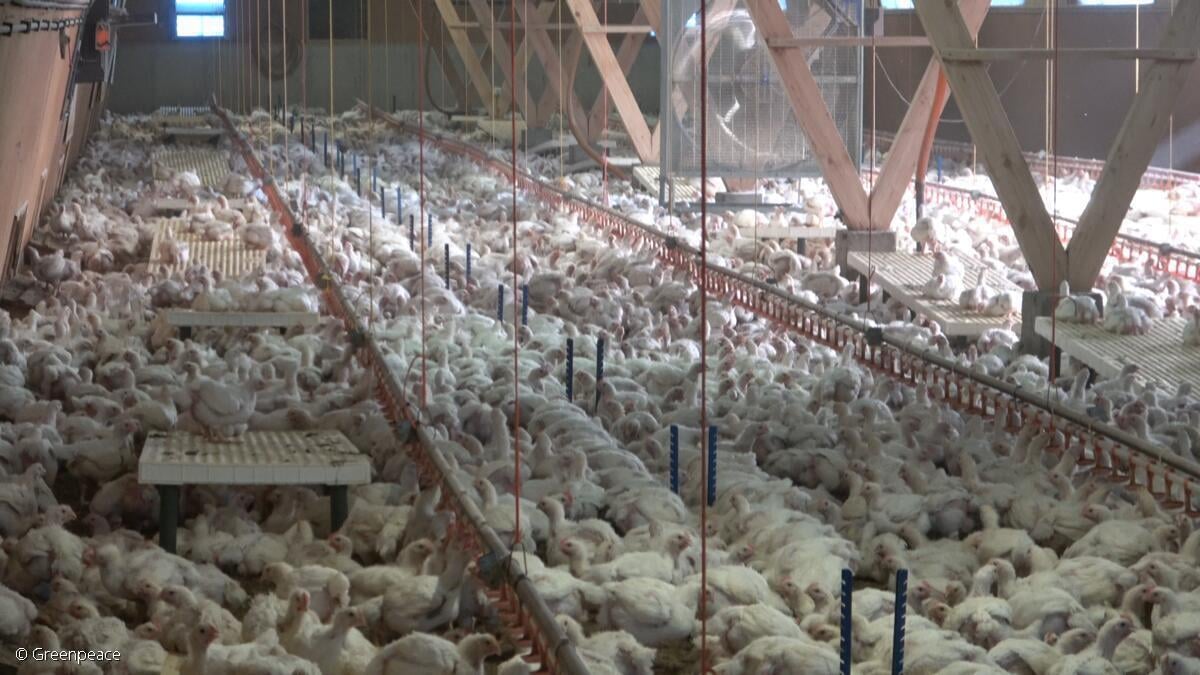All articles
-
MEPs exempt super-polluting factory farms from regulation
In a blow to EU nature protection, MEPs have voted to exempt even the most polluting factory farms from regulation under the EU’s industrial emissions directive.
-
EU food safety authority waves through glyphosate despite safety concerns
Greenpeace is calling on the EU to reject market re-approval for glyphosate, a controversial pesticide ingredient.
-
GMO deregulation disregards safety and consumer rights, Greenpeace
The European Commission’s proposed deregulation of a new strand of genetically modified organisms (GMOs) disregards safety and consumer rights, Greenpeace has warned.
-
Environment MEPs vote to cut livestock pollution
The European Parliament’s environment committee today voted to strengthen the EU’s industrial emissions rules by including the largest cattle farms for the first time.
-
EU-Mercosur: Banned pesticides found on Brazilian limes in EU
Brussels – A Greenpeace Germany study of Brazilian limes sold in the EU has found residues of several pesticides, some of them banned for use in Europe. An accredited and…
-
EU must publish sustainable food system plan
286 organisations urge European Commission president to stick to Sustainable Food System law timeline
-
Chainsaws fall silent: EU agrees deforestation law
Brussels – In a world first, companies will have to show that their products have not contributed to deforestation if they want to sell them in the EU, after negotiations…
-
Food security: grow food, not feed
What Europe’s policy-makers must do to truly achieve food security
-
What Lula’s victory in Brazil should mean for the EU-Mercosur trade deal
Now is the time to let the Amazon heal. But without a major overhaul, the EU-Mercosur trade deal would do the exact opposite.
-
Polluting farms’ industrial emissions must be regulated
Livestock farms are major sources of air pollution, water pollution and soil pollution.

